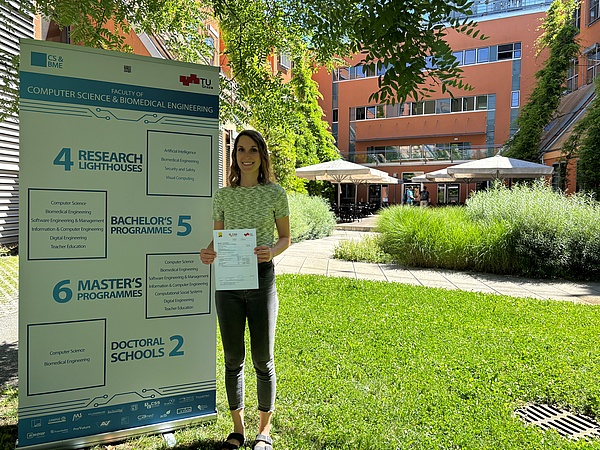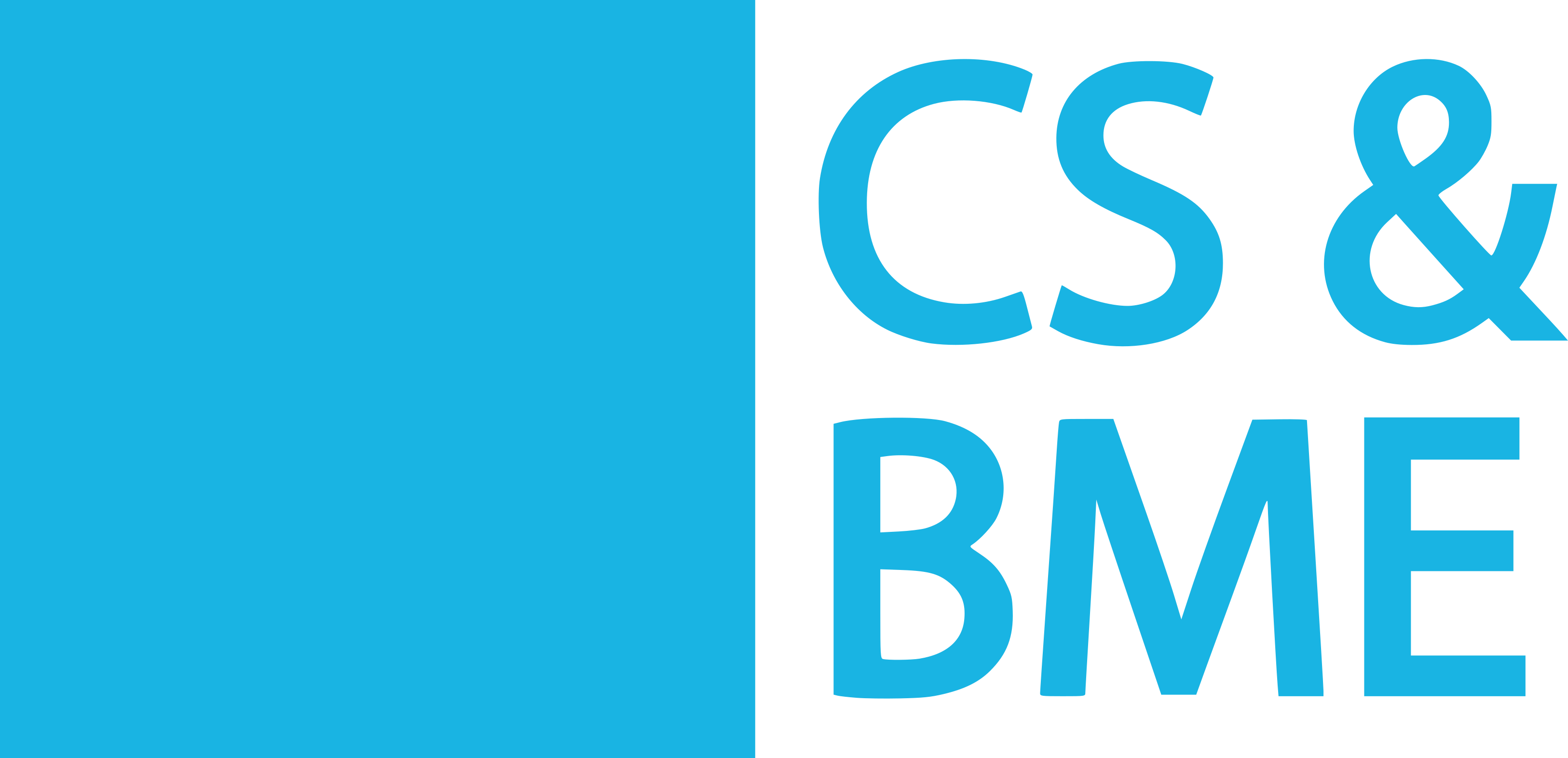Navigating the Interdisciplinary Path: Sabrina Pletzl's Journey in Computational Social Systems

In this interview, Sabrina Pletzl, a recent graduate of the Master's program in Computational Social Systems (CSS), shares her experiences and insights. She discusses her background in International Business and Marketing and her motivation to delve into data science and computer science. Sabrina Pletzl also talks about what she has benefited from the most and gives advice for future students.
What did you study before the Master's program CSS?
I completed my Bachelor's degree in International Business at FH Joanneum Graz and my Master's degree in International Marketing at FH Campus02.
Why did you decide to study CSS?
My interest in working with data emerged during my Master's degree, where it was studied in the context of digital marketing. After completing my initial studies, I worked in business development and marketing for about two years. During this time, I supported a business intelligence project that provided the final motivation to improve my technical understanding and acquire programming skills.
What did you particularly like about the study program?
For me, the program had the perfect mix of theory and exercises. The theoretical input was sufficient to understand the topics, with the main focus on hands-on learning through exercises. Although this approach was challenging at the beginning - especially for me, as a complete newcomer to computer science - I am now convinced that this is the only way to truly learn programming.
During your studies, you have to specialize in one of four areas: Business Analytics; Societies, Technologies and Social Research; Human Factors or Law and Computer Science. Which one did you choose and why?
Based on my academic and professional background in economics, I decided to specialize in business analytics. This specialization focuses on creating a stable data foundation for further statistical analyses, machine learning or any kind of modeling of social systems.
Interdisciplinarity is a very important aspect in CSS. Which subject areas were you able to combine during your studies?
The CSS specialization in Business Analytics provided me with a deep understanding of economics and computer science. Through various group projects with people from other disciplines, I gained insights into the fields of sociology, psychology, ethics and law. For example, I remember a fun group work where we modeled social behavior during a fire alarm. We also learned about possible biases of computer systems, psychological traits in human-computer interaction and the AI Act.
CSS is offered jointly by TU Graz and the University of Graz. How have you experienced this cooperation?
The cooperation between the two universities is well established. While the lectures at the University of Graz provided a well-structured overview and a solid foundation in business analytics, TU Graz offered a more technical deep-dive.
Who would you recommend CSS to?
Anyone with a non-technical background who would like to combine it with computer science skills.
What advice would you give to future CSS students?
Math is a foundational skill in computer science. I would suggest that future CSS students review the basics before beginning their studies to get the most out of the computer science lectures.
What are your plans after graduation? What career would you like to pursue?
Since March, I have been working full-time as a consultant in the 'Insights & Data' practice at Capgemini Austria. We focus on building data platforms, implementing AI and BI solutions, and ensuring proper data management.
Thank you very much for the interview, Sabrina Pletzl! We wish you all the best for the future.
About Computational Social Systems (CSS): The joint degree program of the University of Graz and Graz University of Technology offers an interdisciplinary education at the interface of computer science, economics, sociology, psychology and law and started for the first time in 2021.
